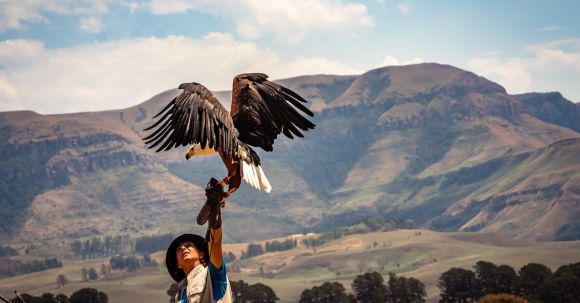In a world where the delicate balance of our ecosystems is under constant threat, wildlife education plays a crucial role in creating awareness and inspiring conservation efforts. By imparting knowledge about the importance of preserving and protecting our wildlife, we can empower individuals to take action and make a positive impact on the environment. From schools to nature reserves, wildlife education programs are essential in fostering a sense of responsibility and instilling a deep appreciation for the natural world.
Understanding the Interconnectedness of Life
Through wildlife education, individuals gain a deeper understanding of the intricate web of life that exists in our ecosystems. They learn about the interdependence of different species and how each organism, no matter how small, plays a vital role in the overall functioning of the environment. This knowledge helps people realize that the loss of even a single species can have far-reaching consequences. By highlighting the delicate balance of nature, wildlife education encourages individuals to see themselves as part of a larger ecological system, motivating them to protect and preserve it.
Promoting Environmental Stewardship
When people are educated about the importance of wildlife conservation, they are more likely to become stewards of the environment. They understand that their actions have the power to either contribute to the degradation of ecosystems or to their restoration and preservation. Wildlife education instills a sense of responsibility to protect not only charismatic species like tigers and elephants but also the less glamorous ones that are equally important for maintaining ecological balance. Through education, individuals are inspired to make sustainable choices in their daily lives and advocate for policies that support conservation efforts.
Connecting People with Nature
In today’s technology-driven world, many people have become disconnected from nature. Wildlife education programs aim to bridge this gap by providing opportunities for people to reconnect with the natural world. Whether through guided nature walks, wildlife photography workshops, or interactive exhibits, these programs help individuals develop a personal connection with wildlife and the habitats they inhabit. This connection often sparks a passion for conservation and motivates individuals to take action to protect the species and habitats they have come to love.
Encouraging Citizen Science
Wildlife education also plays a crucial role in encouraging citizen science initiatives. By equipping individuals with the knowledge and tools to observe and document wildlife, education programs empower ordinary citizens to contribute to scientific research and conservation efforts. Citizen scientists can collect data on species distribution, behavior, and population trends, providing valuable information that can inform conservation strategies. Through citizen science, wildlife education transforms individuals from passive observers to active participants in conservation efforts.
Conclusion: Empowering Conservation Champions
In a world grappling with environmental challenges, wildlife education serves as a powerful tool in inspiring conservation awareness and action. By fostering an understanding of the interconnectedness of life, promoting environmental stewardship, and connecting people with nature, these programs empower individuals to become champions for wildlife. Through their efforts, they contribute to the preservation of our natural heritage for future generations. It is only through education and awareness that we can truly inspire a collective commitment to wildlife conservation and ensure a sustainable future for all.



